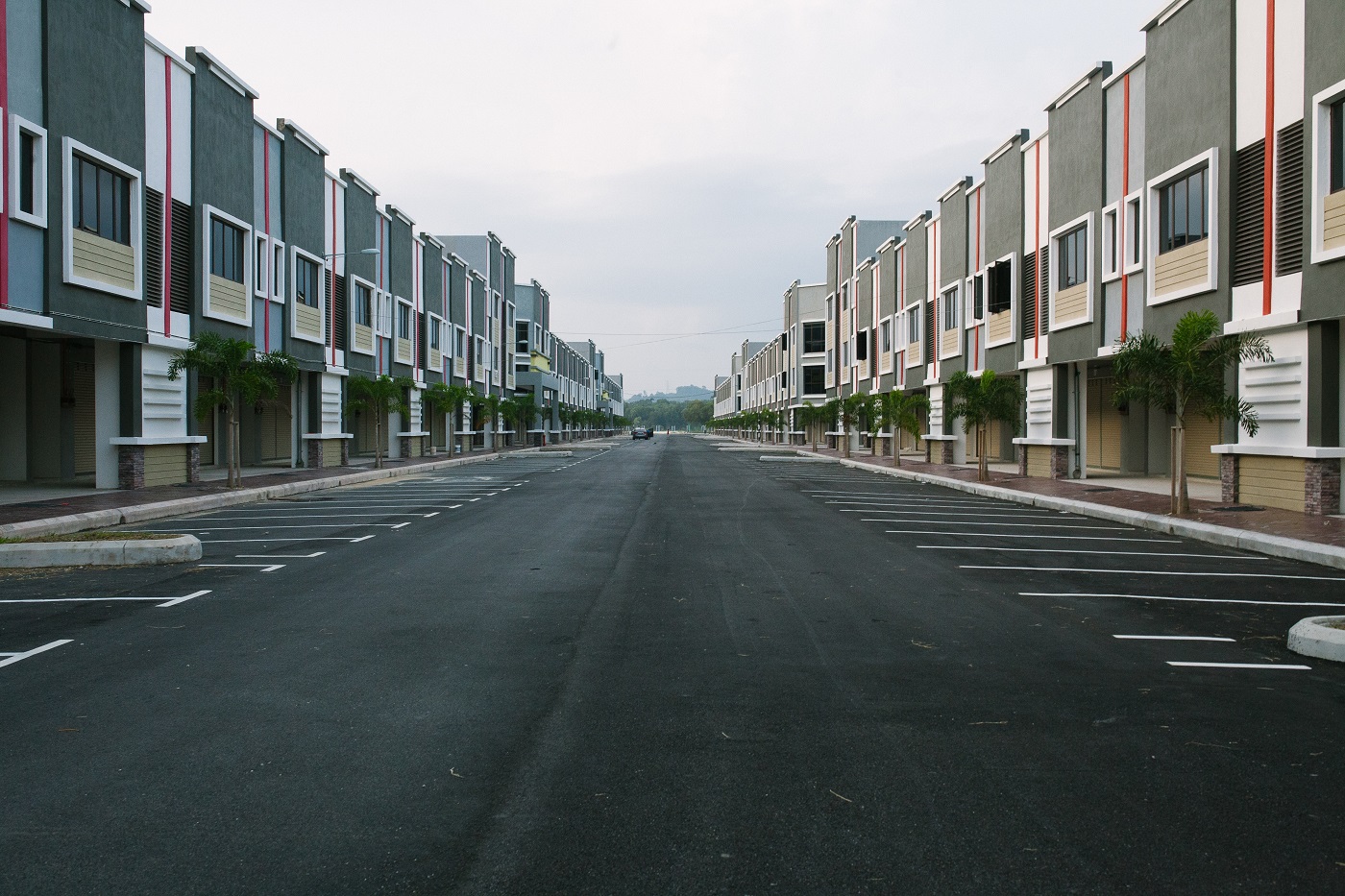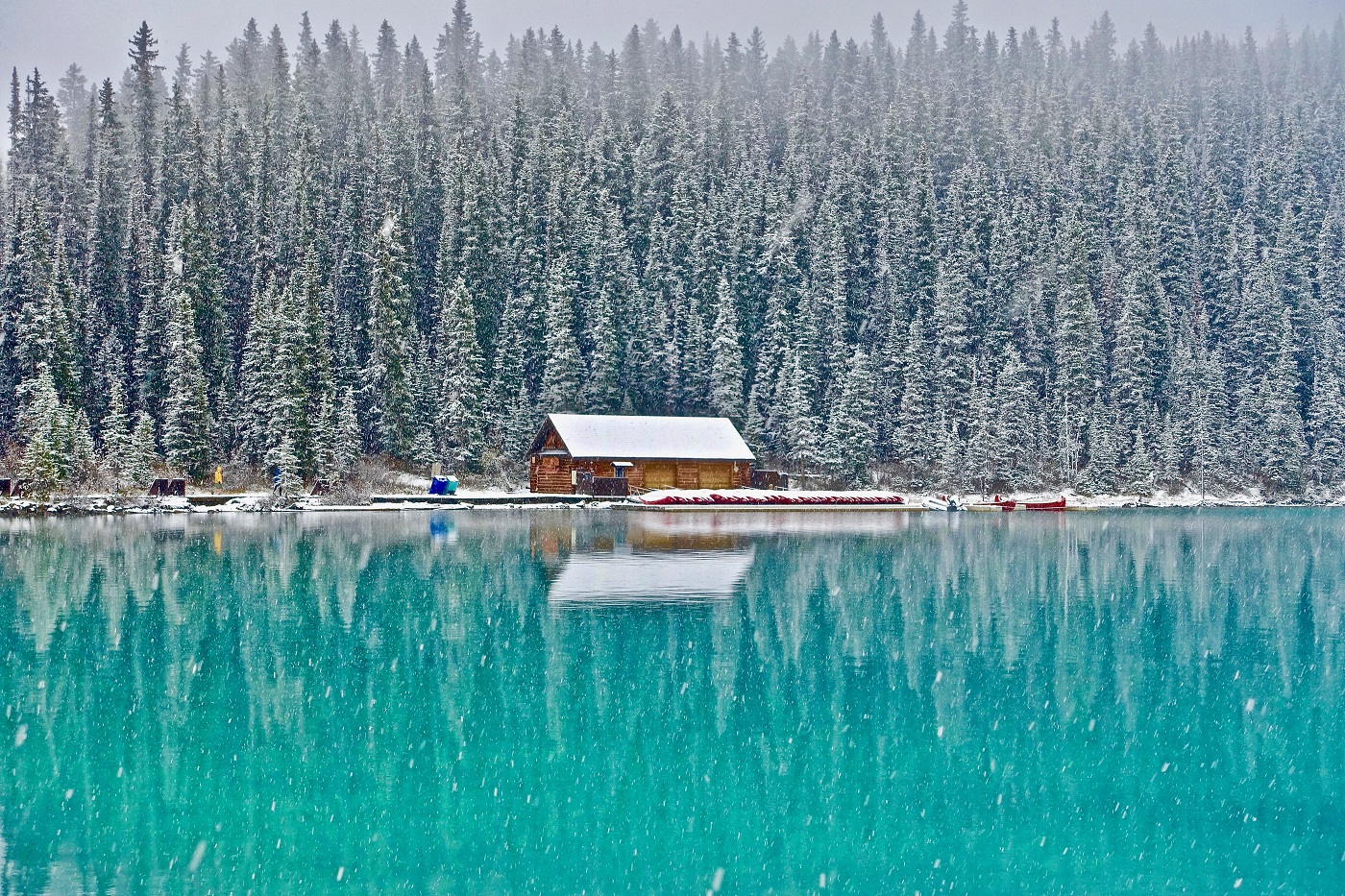In these tough economic times, it seems no association is immune to the burden of vacant units. While failure to pay assessments is the most obvious problem, vacant units can introduce a host of other problems from squatters to burst pipes. While there is no quick fix or magic formula to correct the scourge of vacant units, there are steps that every association can take to ease and even eliminate the financial and maintenance burden vacant units can create.
If the association is willing to rent units, often the best option is to contact the owner of a vacant unit to see if they would consider signing a quitclaim deed or a rental agreement. A quitclaim deed transfers ownership of the unit to the association, subject to any mortgage or other liens on the property. A quitclaim deed offers two enormous benefits. First, the association can rent the unit and begin recouping the arrears that have been accumulating. Second, the association can monitor and control the unit and ensure that it does not become a health and safety hazard in the community. A rental agreement provides the association with the authority to rent the unit on behalf of the landlord and collect the rents. It offers many of the same benefits as a quitclaim deed, but without the permanency of actually transferring ownership. In either case, the association should ensure that the unit is in rentable condition – or can be made rentable for a reasonable cost – prior to entering into any agreements.
In New Jersey, a mortgagee who takes possession of a unit is responsible for pay ongoing assessments throughout its possession. If a mortgagee has taken possession of a unit, the association can pursue the mortgagee directly for unpaid assessments. It is a fact sensitive inquiry as to when a mortgagee has taken possession. Whenever it appears that a mortgagee has become involved with a unit, it is best to contact the association’s attorney to determine what options the association may have.
Beyond collections, vacant units also can create nuisances and even health and safety hazards. N.J.S.A. 46:10B-51 requires foreclosing mortgagees to maintain vacant and abandoned properties. While the mortgagee does not have to keep a property in pristine condition, it is responsible to ensure that the property does not become a nuisance or violate any state or local code. If a vacant unit is in disrepair, the association can demand that the mortgagee make the necessary repairs and, if it fails to do so, notify code enforcement who should then force the mortgagee to make necessary repairs and perform necessary maintenance.
Lastly, with the temperature continuing to drop, associations may be forced to take some maintenance and repairs into their own hands. If a vacant property has not been winterized by the mortgagee, every association with attached units should hire a plumber to winterize any vacant units. Pursuant to the Condominium Act, N.J.S.A. 46:8B-15(b), an association has the right to enter a unit during reasonable houses “to perform emergency repairs necessary to prevent damage to common elements or to any other unit or units.” Therefore, the association may step in to winterize properties in order to prevent the extensive damage that can be caused by a burst pipe. The association can also bill back the costs of the repairs to the unit owner. While this may seem like an added cost to the association, the cost of winterization is minimal compared to the costs of repairing the area surrounding a burst pipe, not to mention the inconvenience to the surrounding units. This same logic can be applied to other unit owner responsibilities, like a broken window or door. Keeping vacant units secure is the best way to protect the entire association and to prevent much greater costs down the road.
While vacant units are never welcome, they can be controlled and even become income generating assets if the association is proactive.




